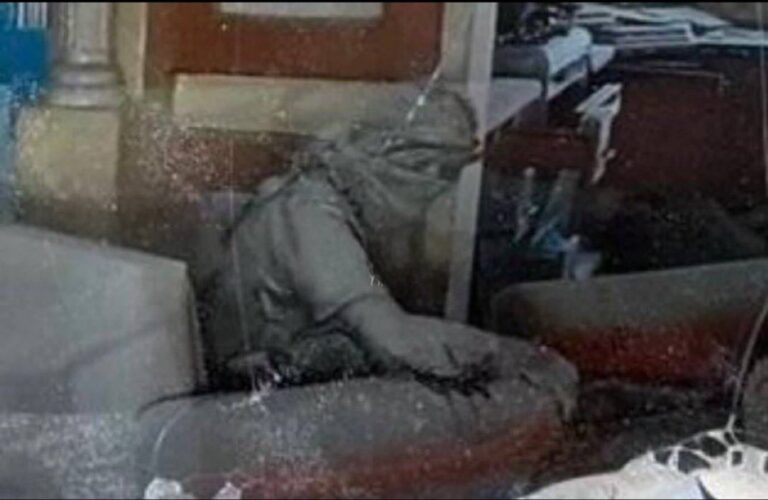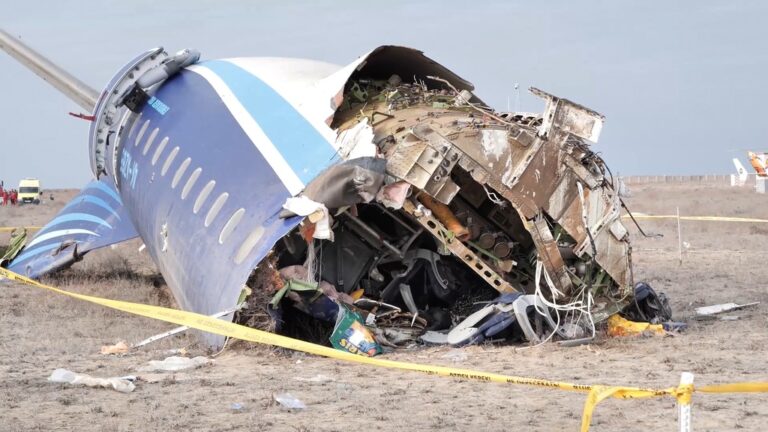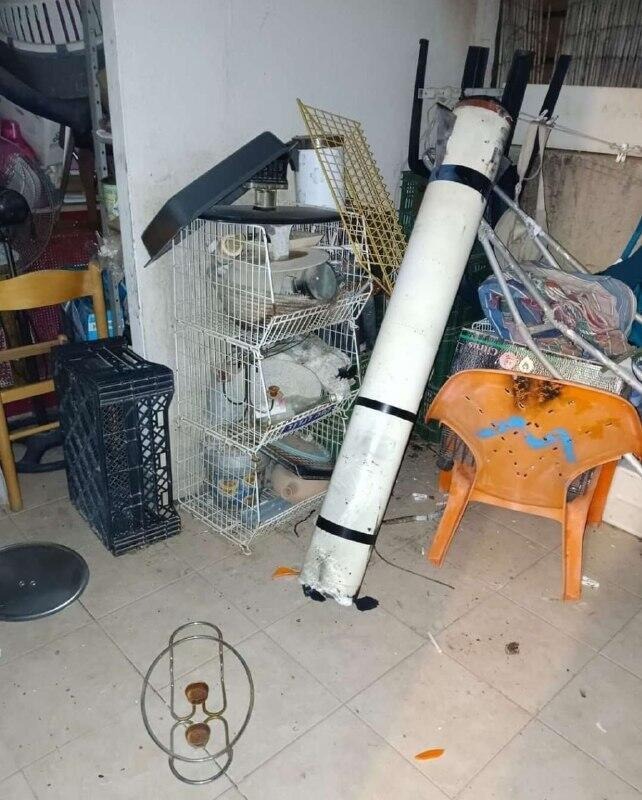 A 120-mile oil slick advanced to within a few miles of the mouth of the Mississippi River on Thursday as authorities scrambled to keep the spill from damaging wetlands along the Gulf of Mexico.
A 120-mile oil slick advanced to within a few miles of the mouth of the Mississippi River on Thursday as authorities scrambled to keep the spill from damaging wetlands along the Gulf of Mexico.
As of late Thursday morning, southeasterly winds had driven the slick to about three miles off the Louisiana coast, National Oceanographic and Atmospheric Administration spokesman Charlie Henry told reporters.
Oil company BP, whose ruptured well is at the heart of the spill, and state and federal agencies have strung floating booms around the leading edge of the shoreline in an effort to contain the spill, but authorities said it could begin affecting some areas of the coast by Thursday evening.
Efforts to shut down the well have failed so far, and more complicated plans may take weeks.
Louisiana Gov. Bobby Jindal on Thursday declared a state of emergency ahead of the oil slick’s arrival, warning it covered as much as 600 square miles of water.
Nearly 175,000 feet — about 33 miles — of floating booms have been deployed in the region, with about a half-million more feet being readied, federal officials said. But the latest forecast from NOAA showed the leading edges of the slick reaching the Mississippi and Alabama coasts over the weekend and stretching as far east as Pensacola, Florida, by Monday.
The oil well was ripped open by an April 20 explosion that sunk the drill rig Deepwater Horizon, leading to the presumed deaths of 11 men.
Wednesday night, the Coast Guard and NOAA raised their estimate of the amount of oil the damaged well was pouring into the Gulf to 210,000 gallons a day — about 5,000 barrels.
An effort to burn off part of the oil slick on Wednesday destroyed about 100 barrels, said Doug Suttles, chief operating officer of BP. But the technique “clearly worked,” and larger burns are planned when weather conditions make them possible.
(Read More: CNN)











One Response
Just wait, the liberals are going to use this as an excuse to cancel any future offshore drilling explorations, and continue to further our dependence on Arabian oil.